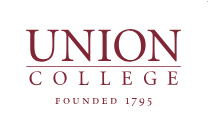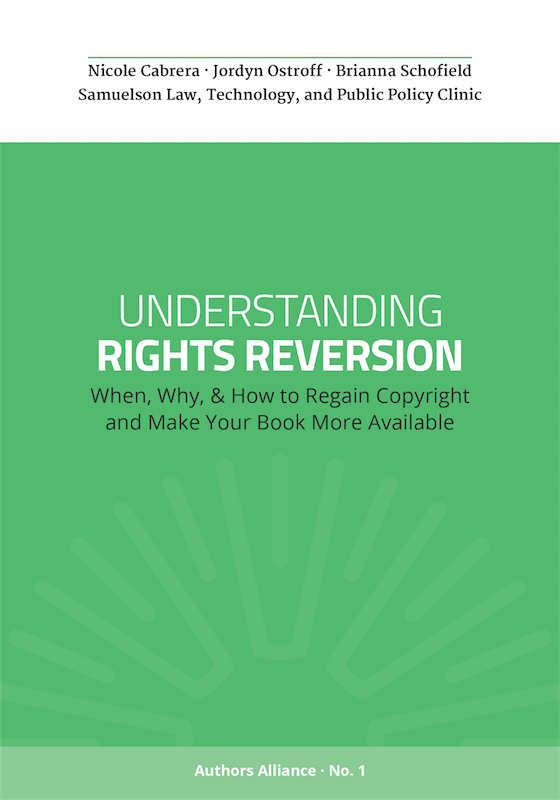Author's Rights
Authors of works own the copyrights in those works unless some or all of those rights are transferred to another through a license. Many publishers ask that authors transfer their entire copyrights, but authors do have options other than giving up their copyright ownership entirely, including open access publishing (created by Virginia Commonweath University).
Authors can negotiate with publishers to retain certain rights. Some rights authors may want to retain include:
- the right to reuse the work in teaching, such as distributing copies to students, or to distribute copies to colleagues
- the right to reuse the work in future research, such as including portions of the work in future publications
Know Your Sharing Rights
If you transferred your copyright to the publisher, your right to re-use the content in teaching and publication or to make the work openly available online may be restricted. To determine your rights, take the following steps:
- If you have it, check your original publishing agreement.
- Use your article DOI to search the "How Can I Share It" tool.
- Look for the journal or publisher policies on their website, or check the Open Policy Finder (formerly SHERPA/RoMEO website.
Keeping Your Copyrights
-
Author's Rights, Tout de SuiteThis resource provides authors with a quick introduction to the key aspects of author's rights.
-
Keep Your Copyrights: A Resource for CreatorsThis resource, written by legal academics at Columbia Law School, is designed to help creators hold on to their copyrights and to license their rights on author-friendly terms.
-
Openn Policy Finder inder (formerly SHERPA/ROMEO)Use this site to find a summary of permissions that are normally given as part of each publisher's copyright transfer agreement.
-
SPARC Author AddendumSecure your rights as the author of a journal article by modifying your publisher's agreement with this addendum.
Negotiating Rights to Book Publications
Understanding and Negotiating Book Publication Contracts
This guide created by the Authors Alliance identifies clauses that frequently appear in publishing contracts, explains in plain language what these terms (and typical variations) mean, and presents strategies for negotiating “author-friendly” versions of these clauses. When authors have more information about copyright and publication options for their works, they are better able to make and keep their works available in the ways they want.
Regaining Rights to Your Books
This guide created by the Authors Alliance will help authors understand rights reversion, or the process by which a publisher returns copyrights to the author. Is a book you published not selling like it used to or not being made available in a format you would like to offer it? Perhaps it has fallen out of print or is no longer being marketed by the publisher, or you would like to make it openly available online. Using this guide, you can determine if you are eligible for rights reversion, understand how to communicate your request to your publisher, and learn how to work with your publisher to revive your book without reverting rights.
Using Creative Commons
Creative Commons is a nonprofit organization that gives you the legal tools you need to grant others permission to use your work under the conditions of your choice. Creative Commons licenses do not replace copyright but work alongside it, allowing you to keep your copyrights while permitting others to make certain uses of your work. You can choose to permit or deny commercial (for profit) uses of your work, the modification of your work to create a new work, and whether or not any new works that use your work have to be licensed under the same terms that you chose.
Once you have learned more about the licenses Creative Commons offers, you can select the license you want for each of your works. Using the license chooser tool, you can generate code that you can easily embed into a web page. Creative Commons also has tutorials for marking your works with a license notice in a variety of other formats.



